Happy New Year! The Church celebrates Advent, the beginning of a new year by recognizing at the end of the year Christ the King has come to bring us his kingdom. The King is with us, he is Emmanuel, God with us.
Advent is the recognition of a second coming at the end of “time”. Christ is the change agent of our lives who is outside of time so his coming is ever present in the “now” of life. Jesus comes to make all things new. When we turn to Christ and claim him as our Lord and savior we receive victory even over death into everlasting life. Advent is our time, our gift from God to receive him daily and remain in him in the moment and to pray “thy kingdom come on earth as it is in heaven”.
In today’s times we are conditioned to an automated living, creating routines and going through the motions of life more than being in the moment the best God created us to be. Automation allows for vehicles to operate in cruise control and it is expected by 2020 to roll out self-driving vehicles with taxis being the first on the road. The more automated the more time we have to ourselves. What do we do with our time? We find ways to be distracted. Distracted is without attraction. Without more attraction to God we fill our time without awareness of God in creation, in others, and in our lives. The God of the present comes and we ask “when did we see you?’ We are distracted by all the noise around us and all the noise in our heads.
Generally people do not like silence, being alone, or being still. It is one reason we don’t know how to pray well. Prayer allows for time alone with God in silence and in the quiet and stillness of life to be moved in the spirit of Truth, God’s will for us. We are to be engaged in the kingdom of God, not in autopilot. Each day God gives us signs of his presence but we are distracted from him without a navigation system of life in the kingdom. It is not a kingdom of “good luck” or “lucky stars” for our eyes to gaze on. The angel at the ascension of Jesus asks “why are you looking up?” He comes in prayer, in the Word, in the Eucharist, in spirit and in our neighbor. In the mystery of the Trinity he comes in the Holy Spirit and remains with us through our baptism to grow in holiness. Where can we go that he is not there? We are to see with the eyes of faith, with the heart of love, and with a will to serve in his kingdom. Jesus does not seek followers who are on autopilot along for the ride. He seeks follower who will carry the cross and believe in its fruits for a greater good.
The kingdom has come in mystery to be fully revealed in faith, hope, and love. These we call our theological virtues. To love is to praise and give glory to God in service. A doxology by definition means “doxa”-glory and “logia”-oral or written expression thus a doxology is an oral or written expression of glory and praise to God. At the end of my personal prayers I offer a doxology I created for God in the stillness of my heart. I say:
God IS good and deserving of all my love thus I am good.
I give praise for all he has given me, much has he given me.
Glory to the Holy One who calls me to perfect holiness
I will persevere to the end and bear my cross.
I believe, I trust, I pray, and I go forth.
God IS good, the I AM, thus I am created in his image in goodness. As we remind our youth God did not create trash, we created the trash of sin in our lives. We praise Him for all his blessings and gifts of life our very breath to be creative for a greater good. We give Him glory and seek holiness, a purity of body, soul, and spirit. To persevere is to carry our cross and offer it to fulfill God’s purpose in our lives. How many times has suffering not been the cause to bring about new solutions, new medications, inventions, creativity, and/or unity in times of war and death? We believe and live by our creed, we trust in Him who is love and mercy, we pray for his coming into our lives to know him, love him and serve him and we are called to go forth into the world with courage till the day of his coming.
As we prepare for this holiday season let us remember we want Christmas, “Christ-mas” more of him in our lives. Happy Advent and a new year of blessings.
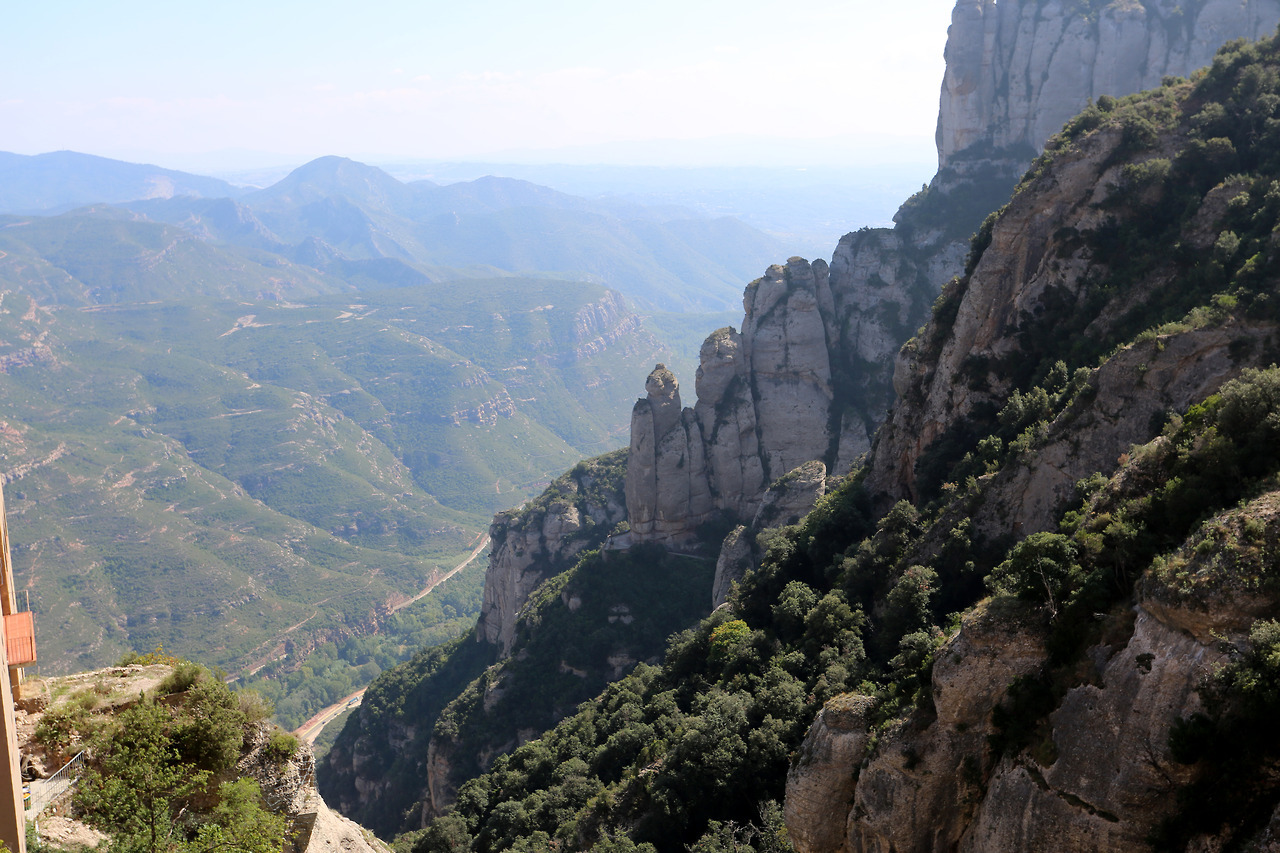


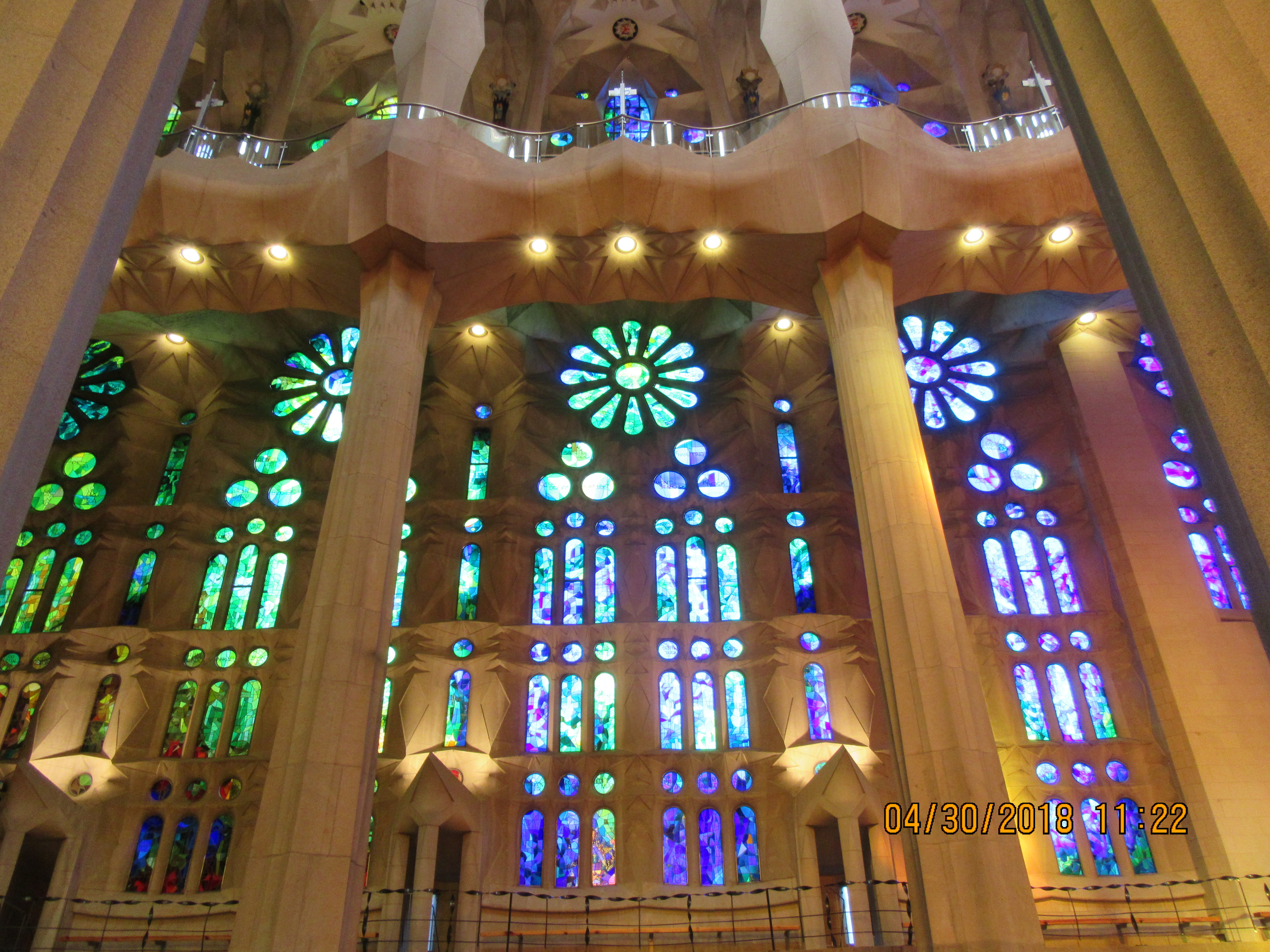

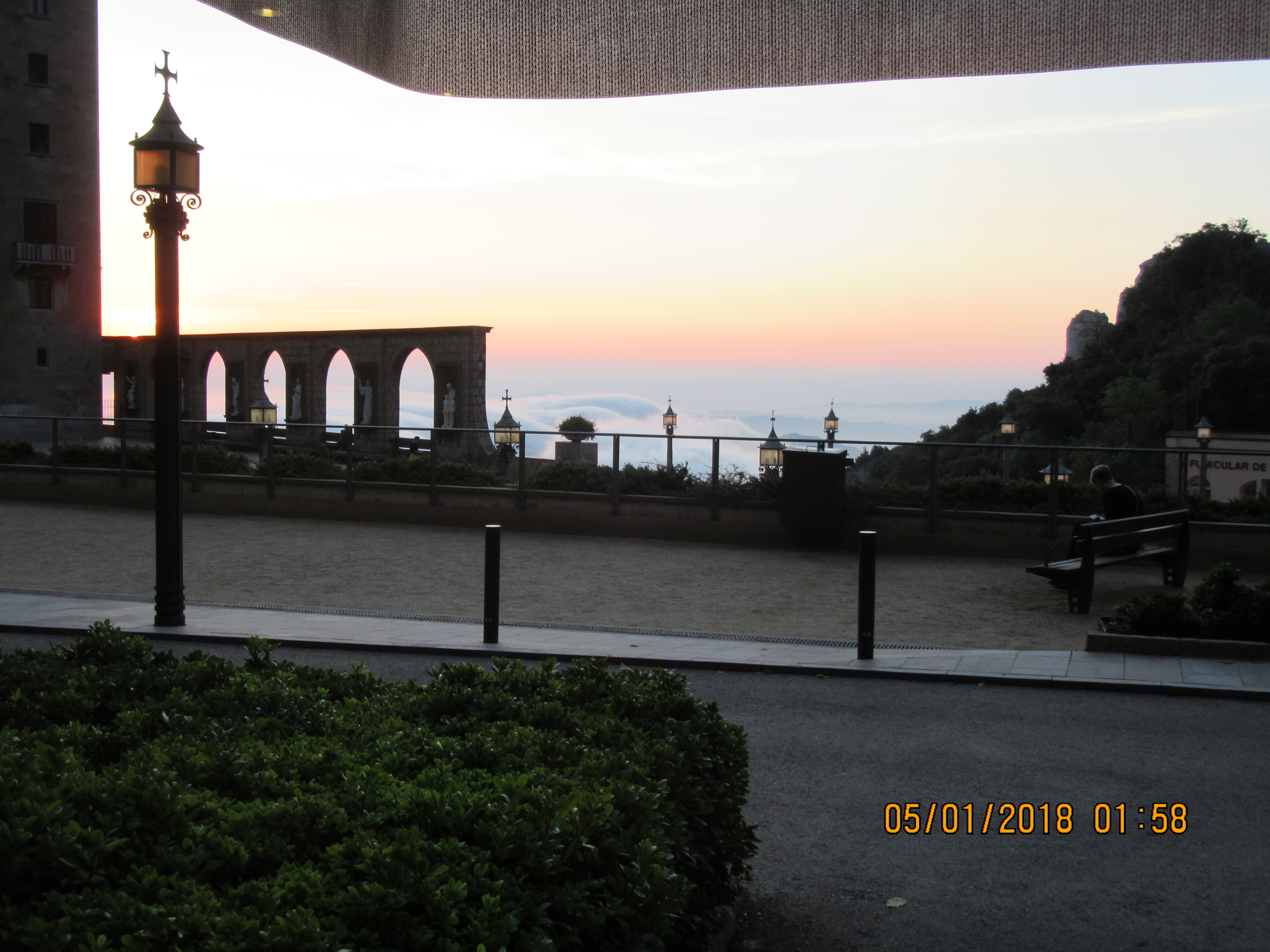



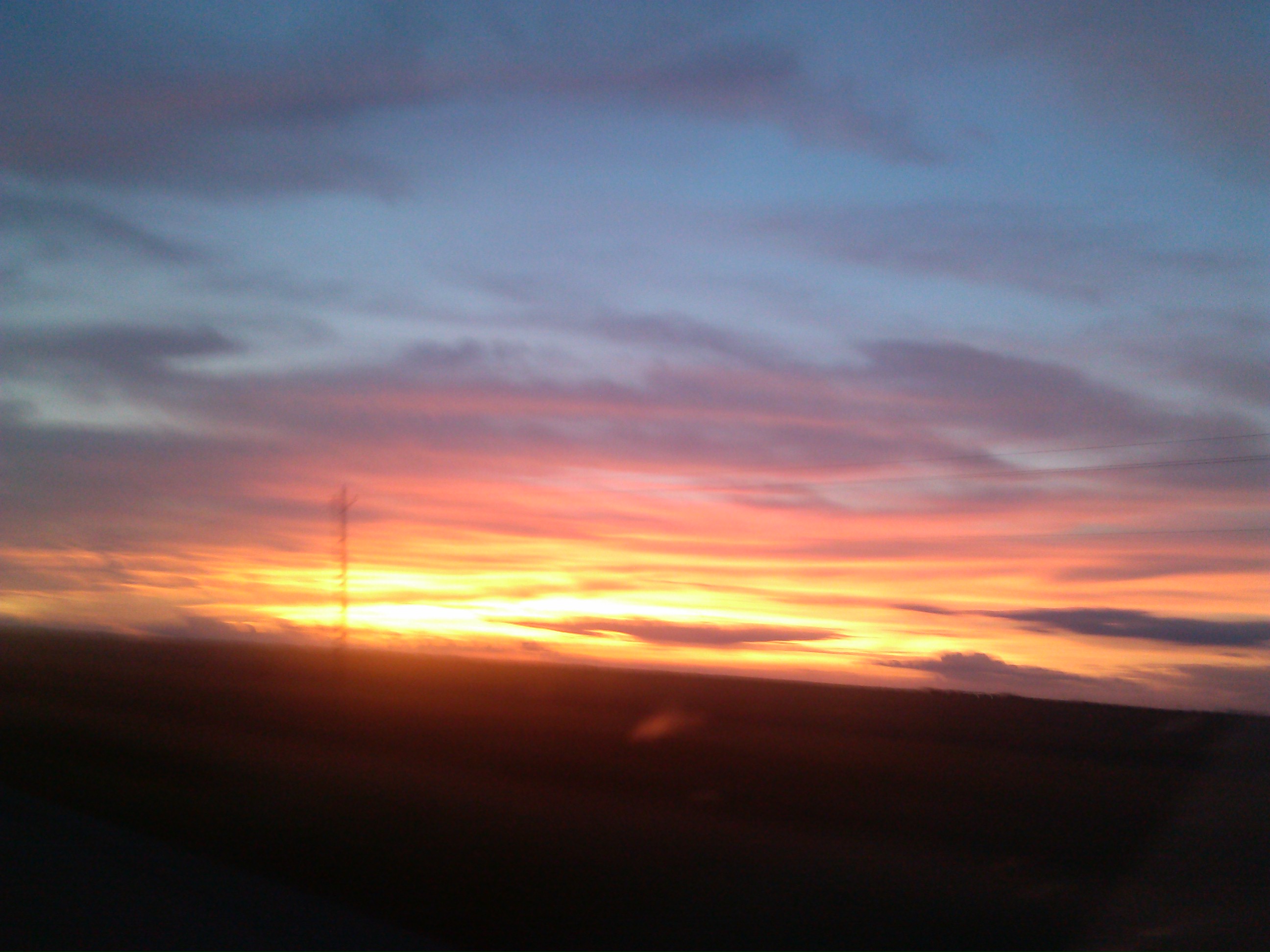





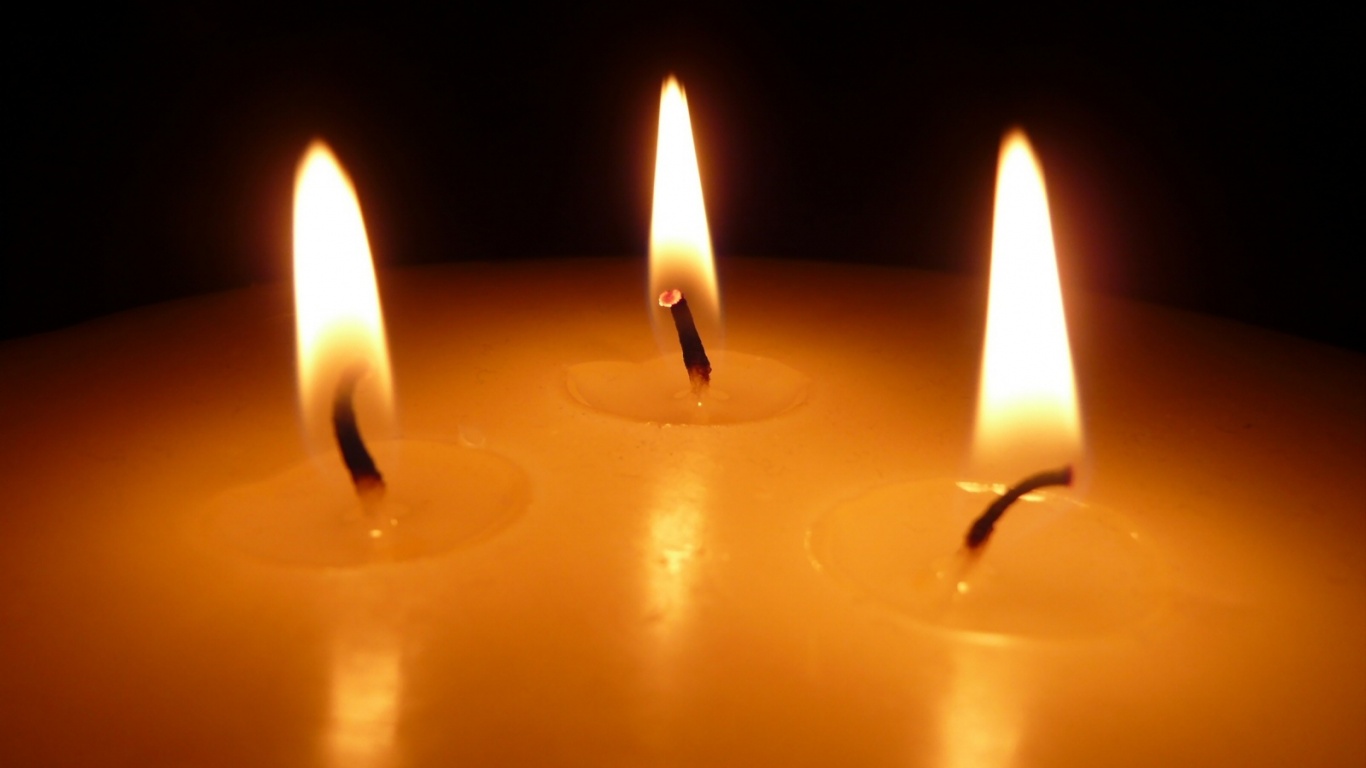



Recent Comments